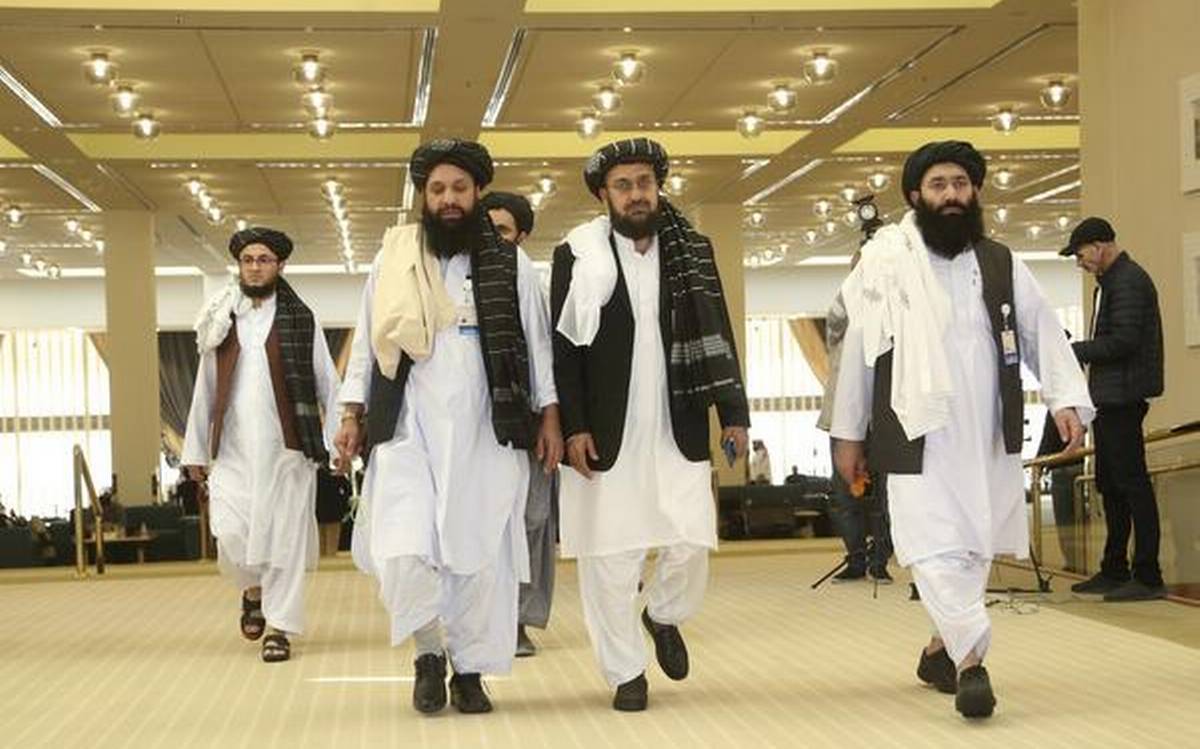(C Raja Mohan is director, Institute of South Asian Studies, National University of Singapore. This column first appeared in the print edition of The Indian Express on on August 31, 2021.)
- As the last American soldiers fly out of Kabul airport and the world adapts to the return of the Taliban, three uncomfortable but enduring features of international politics have come into sharp focus. The human tragedy unfolding in Afghanistan, India’s enormous emotional investment in the Kabul government that collapsed this month, and Delhi’s strong concerns that the Taliban’s connections with Pakistan should not muddy our thinking about the ways of the world. That victories on the battlefield have political consequences is one of the fundamental features of international politics. Governments have no option but to come to terms, now or later, with the victor. There is no reason, then, for the Indian discourse to be surprised at the rapid normalisation of the Taliban by the international community. On August 2, the UNSC warned the Taliban against pursuing a military solution to the conflict and establishing an Islamic Emirate; on August 16, both the references were dropped as the Taliban took charge of Kabul. And last week, the UNSC stopped referring to the Taliban by name and moved to a general appeal against letting Afghan territory be used by terror groups…
Also Read: Why the hydropower projects in the Himalayas are risky: The Hindu

